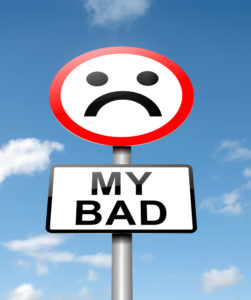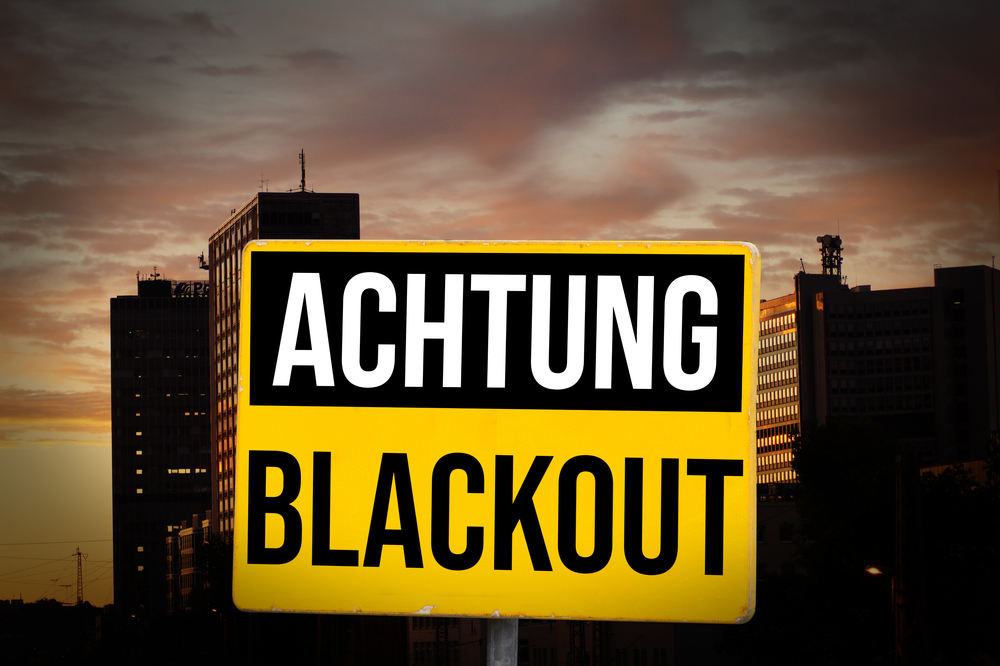It rarely happens that politicians explicitly acknowledge that they failed to understand what they thought they could design. Unfortunately, that they acknowledge this does not mean that they stop designing.
Being a German citizen currently offers a splendid chance to study directly what can happen when governments take charge of things. German governments, perhaps with the best intentions you can imagine, went ahead and revolutionized the energy market. They wanted to get rid of these dirty fossil fuels we all dislike and instead make Germany a green economy. Lots of solar energy, lots of wind power. However, the sun does not shine 24/7, and neither does the wind blow whenever you might need to charge your phone, fry your schnitzel, or do the laundry. What you need is dispatchable generation of energy. In light of the famed German angst, German politicians forbade the use of the (actually incredibly safe and climate-friendly) nuclear power plants, but also technologies like fracking. This led to a certain dependence on gas. Russian gas.
And now, as the Russians no more are the friendly trade partner they have always promised to be, the German society is in dire straits. So, what to do? Perhaps the government should intervene to remedy the situation. This is at least what many politicians think, and it already translated into action. German minister for economic affairs Robert Habeck developed a scheme of government aids for energy companies. This in order to save those companies from bankruptcy which are essential for the German energy supply. However, it soon transpired that the scheme wasn’t well thought out. Taxpayer money would also go to companies which currently make bank. In a curious concession of the knowledge problem, Habeck explained that “we honestly did not know how intertwined the gas market is.”

Acknowledging one’s shortcomings is laudable. Even more so if you’re a politician. For honesty and admitting mistakes will put you as a politician in a strenuous situation when journalists, intellectuals, and political rivals joyously stress those failures you yourself admitted.
What worries the political economist, however, is the conclusion drawn from these acknowledged shortcomings. Looking at the debacle that is the German energy market and the perils of regulating it (to quote Israel Kirzner who generally analyzed regulation) the conclusion should be humility. Politicians should be much humbler about the things they believe they can design. And they should honestly ask themselves: “Maybe it is better not to intervene? For I do not understand what’s going on here.”
Looking at German and European politics, this seems not to be what the politicians conclude. Instead, there are cries for price controls, for excess (or perhaps windfall) profit taxes. The maxim seems to be: if your intervention failed, you must intervene again, and this time harder. This is the recipe for the dynamics of the mixed economy which Sanford Ikeda described so astutely.
Politicians suffer from ‘policy myopia’: they rarely see that it’s them who are causing most of the problems. And then they resolutely go ahead – and cause even more problems. It may be the case that in some situations (often those produced by previous government intervention) governments need to act. This may apply in the case of the German energy market and the recent nationalization of Uniper. But even if true, the general lesson must be that in the future governments ought to refrain from undertaking such bold things like the ‘Energiewende’ (energy transition). What they should focus on is what the (German) ordoliberals called setting the rules of the game. Not interfering with the play.
Max Molden is a PhD student at the University of Hamburg. He has worked with European Students for Liberty and Prometheus – Das Freiheitsinstitut. He regularly publishes at Der Freydenker.


READER COMMENTS
Jens
Oct 29 2022 at 11:19am
This is an incomplete and ultimately incorrect analysis. German policy has specialized in the purchase of precisely Russian gas not because of the Energiewende. One wanted to influence Russian risk assessments. The additional rejection of nuclear energy is a widespread preference in Germany. It remains to be seen how long it will take to break the dependence; perhaps it will be faster than some think (will politics be credited for that then ?). Certainly important is the realization that it was not right to trust the close interdependence in the energy sector to influence Russia’s risk assessments. Policy goal (sic!) should have been / should become diversification in the energy sector. Many Germans have misjudged Russia and were very happy to buy gas from there – this is actually the primary realization and has relatively little to do with economics. In fact, it would have been right to politically steer against these preferences – a difficult undertaking (one can certainly also talk about the other side of this relationship at some point, because Russians was certainly also disappointed in some respects, but this is just not the right time for that and would trivialize Russian aggression towards Ukraine).
Max Molden
Nov 17 2022 at 4:57am
Thanks for your instructive comment, Jens! I think you add important insights, and that the idea to influence Russian risk assessments (perhaps following the doux commerce thesis) was legitimate. But I feel that when you say that diversification should have been the objective, then this aligns well with the direction of my article. Here, politicians committed mistakes – think also of the policy stance towards fracking. And here is where we should be sceptical as to whether politicians are capable of such large projects!
David Henderson
Oct 29 2022 at 11:53am
Excellent post.
Max Molden
Nov 17 2022 at 4:58am
Thanks very much for these kind words!
TMC
Oct 31 2022 at 9:12am
“And they should honestly ask themselves: “Maybe it is better not to intervene? For I do not understand what’s going on here.””
Great question for all of us to ask ourselves, but yes – politicians especially.
Max Molden
Nov 17 2022 at 5:01am
Very true! We all should strive to be more humble!
steve
Oct 31 2022 at 9:03pm
Suppose Germany had kept the nukes running and did not pursue renewables? What happens when Russia turns off the gas? Pretty much the same thing I think. Look at France. IIRC about 70% of their electricity comes from nukes. They are also short on energy with the loss of gas. Having nukes ro not having them pretty clearly is not the major factor in the energy shortage European countries are facing.
Steve
Max Molden
Nov 17 2022 at 4:56am
Hey Steve, thanks for your comment! I’m not completely familiar with the situation in France. What I would emphasise is that it can and probably should be both nuclear and renewables. And remember that fracking was ruled out in Germany as well, and having fracking would have diversified German energy.
Comments are closed.